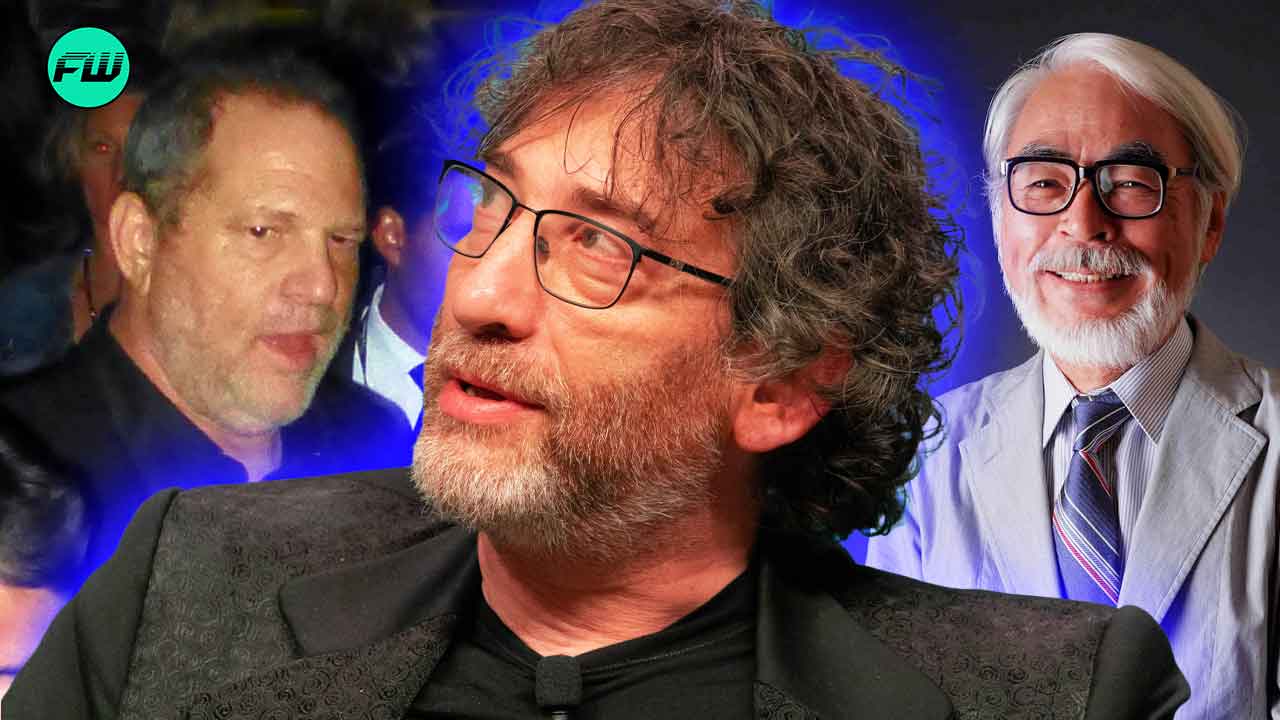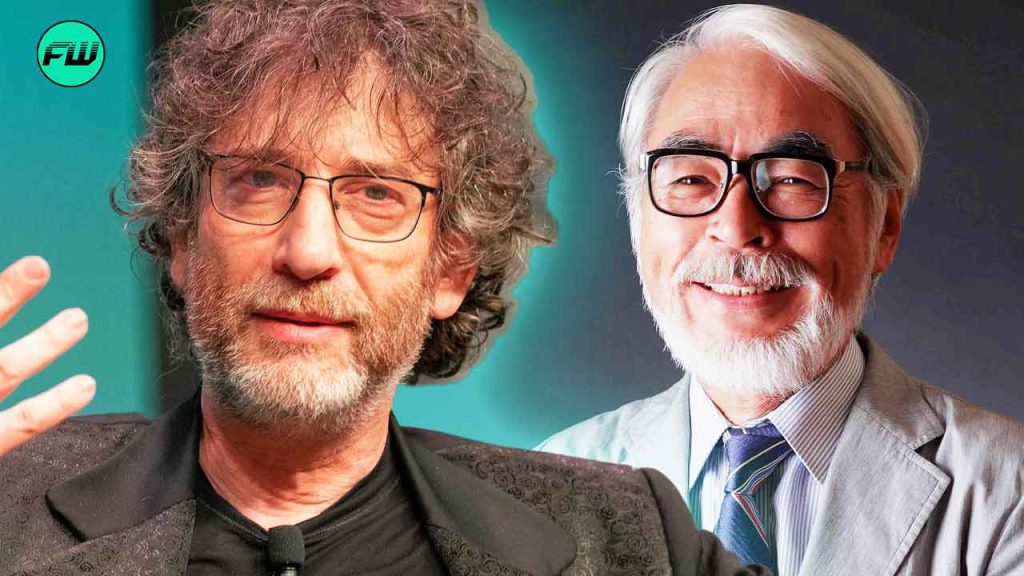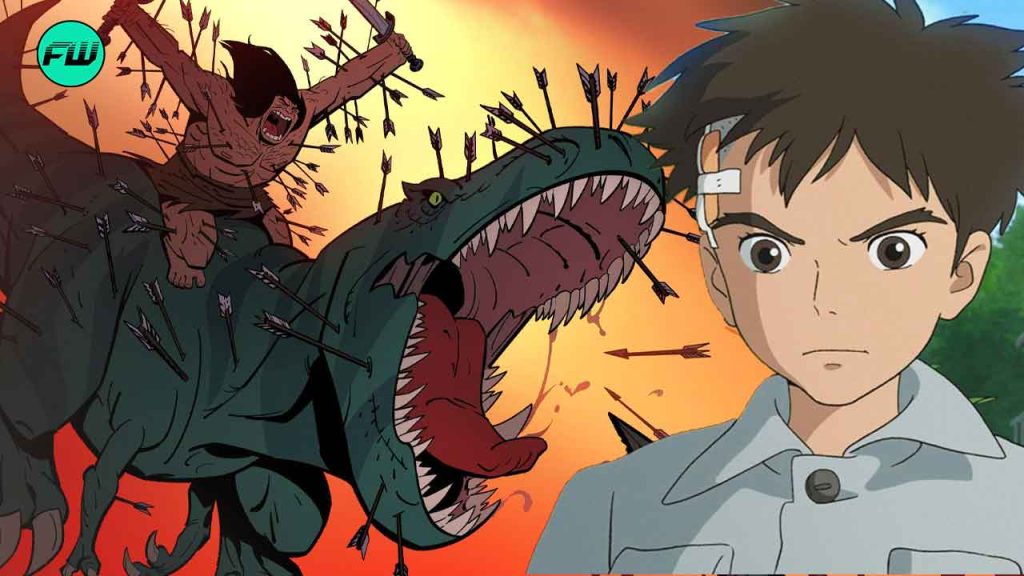Hayao Miyazaki’s Studio Ghibli hired an American, Steve Alpert, as the head of its international division in 1996. His main duties involved the translation of Ghibli’s projects for the English-speaking audience. In his memoir, Sharing a House with the Never-Ending Man, Alpert detailed his experience working with Miyazaki. He also told the story about how Harvey Weinstein’s Miramax posed a problem for his first Ghibli project, Princess Mononoke.

However, Alpert did not have to single-handedly deal with Miramax to save Miyazaki’s film as he had help from screenwriter Neil Gaiman. Gaiman was hired by the studio to write the English-language screenplay of the film.
Miramax Tried To Disneyfy Hayao Miyazaki’s Princess Mononoke
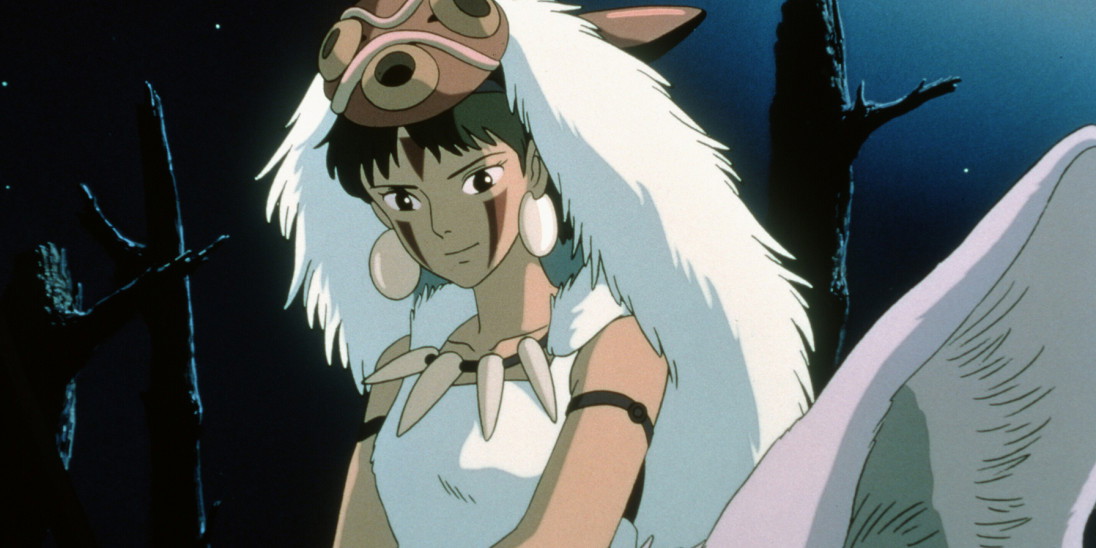
Steve Alpert revealed the difficulties in working with American studios while translating Studio Ghibli projects in his memoir. Alpert shared that for studios like Disney, the opportunity to translate films meant changing all the things that they thought wouldn’t work for American audiences. Alpert revealed how dialogues were radically changed to fit the American context and even silences were filled with dialogues.
He remembered having to tussle with Harvey Weinstein‘s Miramax when he met with them, representing Hayao Miyazaki‘s Studio Ghibli, to discuss the film Princess Mononoke. They were a bunch of studio executives with no language or screenwriting experience. However, they had brought along Neil Gaiman to write the English-language screenplay.
Both Gaiman and the Miramax staff had watched the film multiple times, and the staff were prepared with a list of issues they wanted Gaiman to address in his script. Miramax staff had a lot of questions for Alpert, many of them wanting to have a clear picture of who the good guys and bad guys in the film are. Alpert explained that Miyazaki’s stories didn’t have a clear distinction between the good and the bad guys. He shared that the creator took a more nuanced view of human nature.
However, one particular discussion about the character of Ashitaka being a prince went up for debate as the executives couldn’t process how he became a prince coming from a small village in the middle of nowhere. However, it was Gaiman who defended the original screenplay of Princess Mononoke.
Neil Gaiman Defended Hayao Miyazaki’s Film Against Miramax
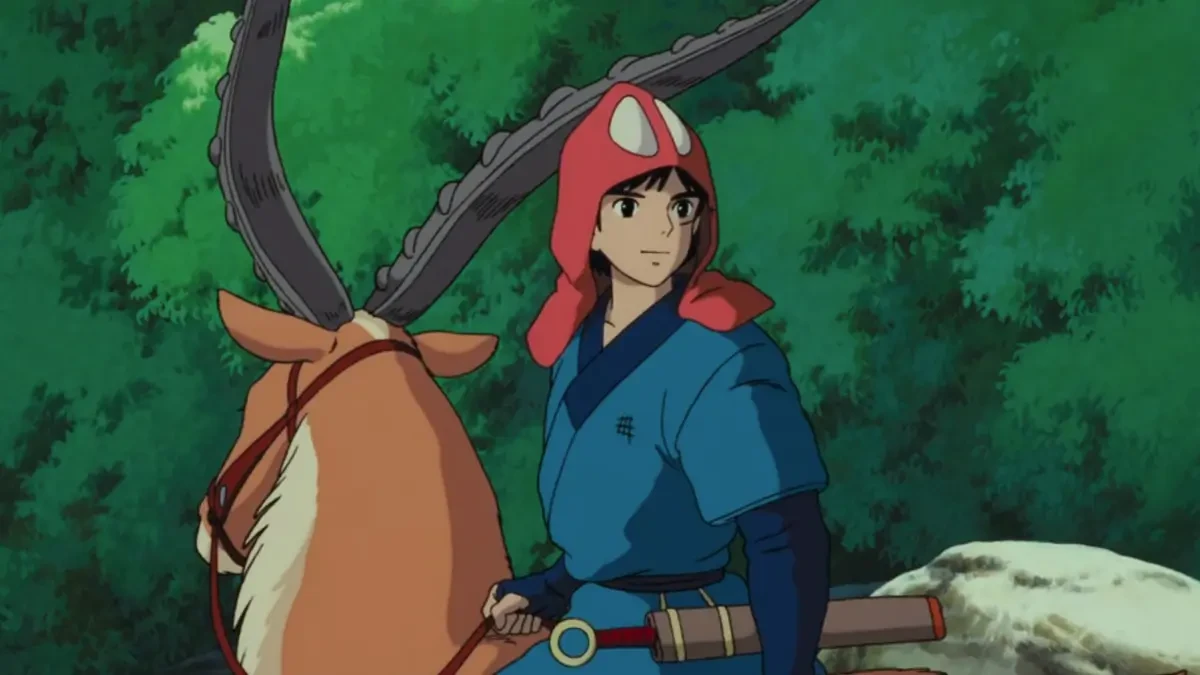
Alpert shared that Gaiman had the right concept for a real prince or princess. He did not think about Ashitaka with the mindset of Miramax executives, who were still hanging on to the Disney Sleeping Beauty version. Ashitaka detailed the conversation between Miramax executives and Gaiman in his memoir, where Gaiman not only defended Miyazaki’s film but also the level of understanding of the American audience. Alpert wrote in his memoir (via Polygon):
Gaiman: “Look, his being a prince is important to the story. It’s part of his character. I believe it’s what Mr. Miyazaki decided. We’re supposed to be adapting this film for an American audience, not changing it.”
Miramax: “But the audience won’t get it, that he’s a prince.”
Gaiman: “Of course they will. The audience isn’t stupid. If they were, they wouldn’t get the rest of the film either.”
Gaiman’s script worked out great for the film. While it did not perform that well at the theaters, the film received a solid reception on home media in North America (via Time). It also established Ghibli’s popularity and influence outside of Japan. The film grossed $194.3 million at the box office (via Anime News Network).
Princess Mononoke is now available for streaming on Max.

